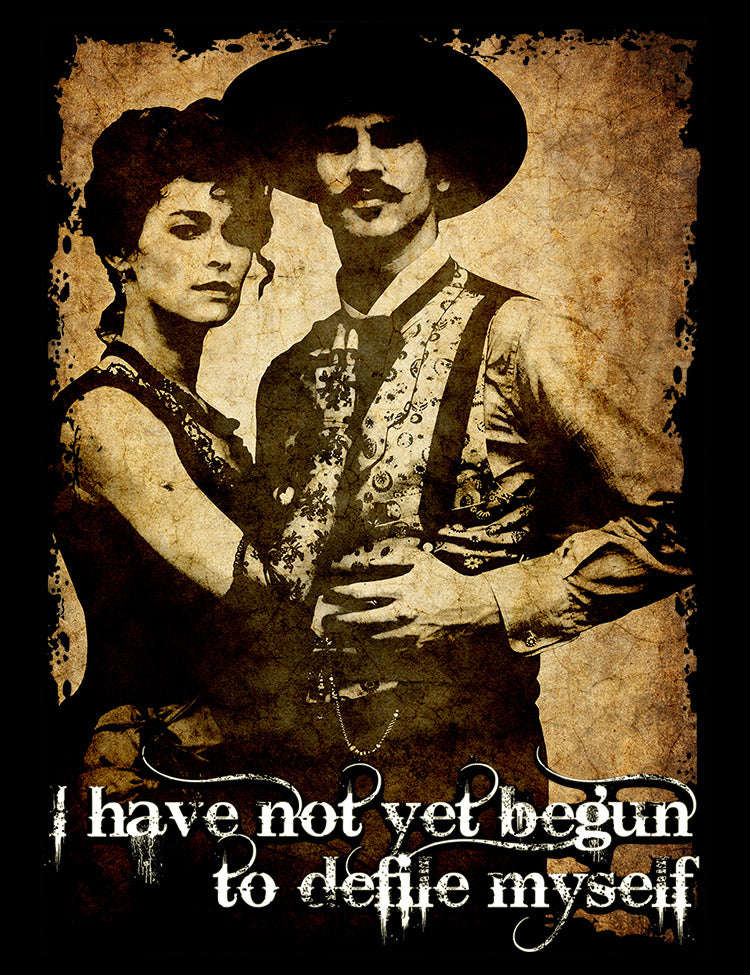Pulp - Common People Lyric T-Shirt

PULP - COMMON PEOPLE LYRIC T-SHIRT
A Classic Song Lyric T-Shirt Available in Black Cotton.
Britpop had its anthems, but none cut quite as deep as Pulp’s “Common People” — Jarvis Cocker’s sardonic masterpiece that turned class, culture, and casual cruelty into a six-minute manifesto. Released in 1995 on the band’s Different Class album, it became one of the defining tracks of the decade: a biting satire dressed up as a stadium singalong.
The lyric featured on this t-shirt — “Laid in bed at night watching roaches climb the wall” — is one of the song’s rawest, a flash of grimy reality in a track that swings from ironic wit to full-throttle anger. It captures the gulf between those who play at poverty and those who actually live it: no safety net, no escape, just cockroaches and despair.
“Rent a flat above a shop, cut your hair and get a job.” – Pulp
Jarvis Cocker’s delivery, half sneer and half sermon, turned Common People into more than just a hit — it became a cultural reckoning. A song about class that you could scream in a club at 2 a.m. A lyric so specific it became universal.
The Pulp – Common People Lyric T-Shirt is a tribute to that moment: to Cocker’s sharp-eyed genius, to Britpop’s snarl, and to a lyric that still resonates in an age of inequality.
Perfect for Pulp fans, Britpop nostalgics, and anyone who knows that the walls sometimes have roaches — and songs can be weapons.
💬 FREQUENTLY ASKED QUESTIONS (FAQs)
Q1: What is Common People about?
A1: The song critiques class privilege, telling the story of a wealthy art student who wants to “live like common people” without understanding the reality of poverty.
Q2: When was it released?
A2: Common People was released in 1995 as the lead single from Pulp’s Different Class album, reaching No. 2 on the UK Singles Chart.
Q3: Why is the lyric “Laid in bed at night watching roaches climb the wall” important?
A3: It’s a stark moment in the song that reveals the harsh truth of living without wealth or security, contrasting sharply with the art student’s romanticised view of poverty.














